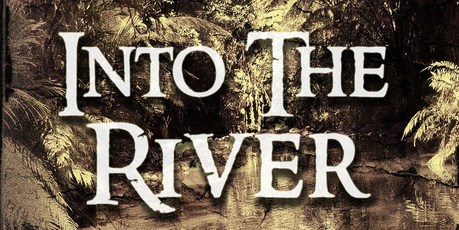They should not give up. There are more weapons in the fight than heavy-handed bans and censorship that never worked, even before pornography was as pervasive as it is now. The best weapon is a book.
Good, well-written stories that go to the heart of a reader and touch the truth of any human experience, including sex, can help a young mind rise above smut. That is why it is a worry when a national award for children's books is given to a novel that needs to carry a warning.
Some booksellers, we report today, are refusing to display Into the River by Ted Dawe, which took top prize in the recent New Zealand Post Children's Book Awards. One explained that it was "unnecessarily graphic" and contained themes the bookseller considered inappropriate for young teenagers.
Nobody has to wonder at the embarrassment of the award organisers. Last week they sent out parental warning stickers to shops stocking the book, advising them to put it on its covers. The 2013 Kiwi Kids Good Book Guide lists it for children aged 13 and over but one national booksellers' chain has told all its managers to mark it for over-15s.
Schools, though, seem to think it fine. The School Library Association welcomes the book as a reflection of our society, evidently because its central character is a young male Maori. "There is so little out there with this type of protagonist," says the president, Fiona Mackie. "When you as library staff see that sort of book, you grab it."
It is often remarked that New Zealand fiction written for film and television is oddly and uncharacteristically dark. There is not much that is bright, stylish or subtle in its treatment of most subjects, especially sex.
That is probably a reflection of the immaturity and limitations of screen writers in a small nation's talent pool, but our literature has been better than that. And our writing for children has been exceptionally good. Novelists should not let the crude depictions of New Zealand on air wash back into its literature, particularly when writing for the young.
Teachers and school librarians do teenagers a disservice when they point them towards books that need to shock to capture their interest. Teenagers are not shocked by the subject matter, of course. They can see worse without going to much trouble.
What might shock them is that teachers and librarians have put this stuff in front of them. Teenagers would never say so, but they do not want this sort of fare from their school any more than they would want it from their parents.
It is not prudish or patronising to maintain a certain standard, it is re-assuring them that quality exists and people they respect can recognise it. For many, their early teenage years might be the last in their lives when they read literature worthy of the name.
Reading it might not be easy but it can reward the effort with pleasure far exceeding anything that needs an age warning. The only warning that Dawe's material really needs is that reading it almost certainly will be a waste of time.
- Herald on Sunday

No comments:
Post a Comment